Today’s children will become adults in a world beyond the imaginations of their parents and teachers. Given such unprecedented uncertainty about the future, what should children learn?
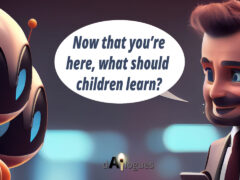

Today’s children will become adults in a world beyond the imaginations of their parents and teachers. Given such unprecedented uncertainty about the future, what should children learn?
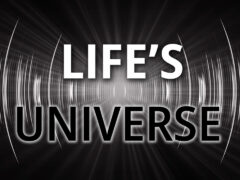
Could the universe be adapting to life as part of the same process through which life is adapting to the universe?
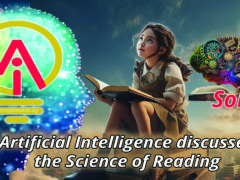
Indeed the established assumptions about the inherent stagnancy of text permanently dictate this offline, strategy-based model of reading instruction.

The difference between “learning to read on paper” and “learning to read on screens” is a very important conversation.
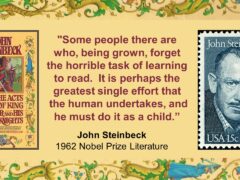
This book is always right next to me when I am working. Every time I see it I am reminded of how it changed my life. It still blows me away. It was about 24 years ago. My then six-year-old daughter and I were at a garage sale on the island of Kauai. I remember […]
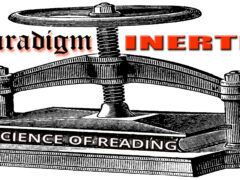
You See What Your Knowledge Tells You To See Paradigms are the mental infrastructures that connect and unify the mental models through which we experience the world. Because paradigms, like religious beliefs, can become so deeply rooted in our identities, they can be very hard to change. Sometimes they are hard to change for scientific […]
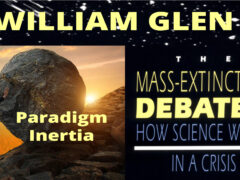
There are many reasons paradigms are hard to change, some of them are scientific, but the most powerful reasons are personal, emotional, and thoroughly unscientific.
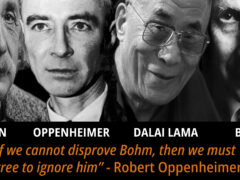
There are many reasons paradigms are hard to change, some of them are scientific, but the most powerful form of resistance is more personal.
